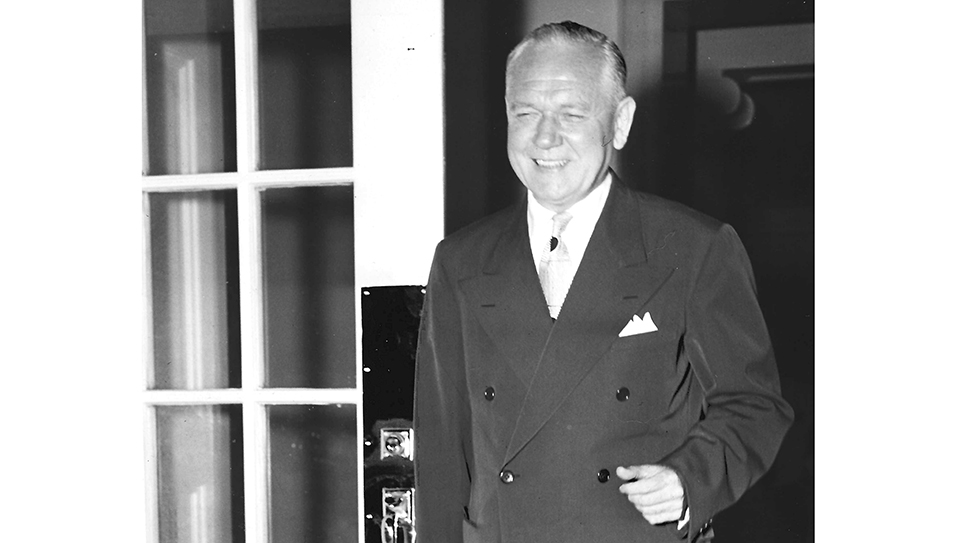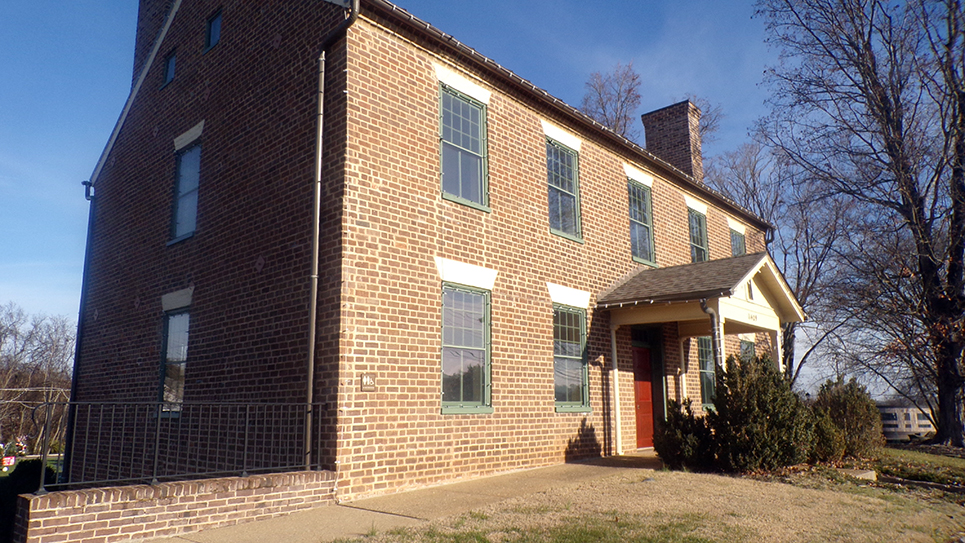Reading – Love It or Hate It
By Joe Rector
I watched a comedian on Netflix last night, and his entire routine was funny. The jokes weren’t by themselves hilarious, but the way the man delivered made the audience laugh. Much of his time was spent talking about elementary school and the miserable things that sometimes crept into our lives.
Back in the good old days, when an elementary school began with first grade and ended with the eighth grade, we students had many learning tasks before us. As I’ve said before, kindergarten was for rich people, none of whom lived in the Ball Camp school zone. We were a hearty stock of country children. Some lived on farms, and the rest had parents who worked at blue-collar jobs.
Our socio-economic status meant that our education began with the first grade. When I arrived at school that first day, I was more worried about having to get some vaccinations in the gym. I knew no one, and that alone was enough to terrorize me.
As for education, I had only what Dr. Bernie had taught on his television show. He fished for letters of the alphabet, sounded them out, and used them in a word. Jim and I learned to pronounce “this” and “that” correctly from the man. Prior to that time, we’d said “dis” and “dat.”
I couldn’t read a single word that year when Mrs. Longmire, bless her soul, patiently put us into reading groups and then sat with us as we fumbled and stumbled over adventures that Dick and Jane had. At that time, phonics was taught, and that educational gem helped me to become an excellent speller in later classes. Someone said that phonics was no longer taught, and I call that a crime. Perhaps that’s why so many people in this world are such horrible spellers.
Mrs. Longmire did not place me in the advanced reading group, and I pouted over it. I felt stupid for being only good enough to be a member of the average group. The fact was that I couldn’t read, but my competitive nature couldn’t understand the situation.
Learning to read was fun then. Of course, the fun wore off when higher classes expected students to use their new skills to read textbooks. Nothing was more boring than reading a chapter in a geography book. Tests on foreign countries, their language, geography, climate and major crops always bored me to tears. Leave it to school to take the fun out of learning to read.
In high school, that wonderful ability was again assaulted. This time, much of the offense was dished out by English teachers. In addition to reading about grammar, something I mastered after two years with Mrs. Slusher at Ball Camp, students were required to read literature. That included selections that some adult in some faraway place decided were important for us to read. “Rebecca” was one book that I never liked. “The Scarlet Letter” was a book I didn’t understand until I began teaching it myself. “A Separate Peace” was a book that I liked because I could compare the boys in it with different guys in the sophomore class.
College proved to be the most demanding. So much reading was required in every subject. In addition, some whacky professors expected us to also complete outside readings from the library. English classes tested me. I didn’t always agree with the interpretations the teachers presented. I always told my students that they could have different interpretations of a piece of literature as long as they could defend them with evidence from the literature itself.
I didn’t read quite as much after I retired. I’d spent 30 years reading bundles of student essays, and for the most part, I was worn out. These days, I’m a picky reader. Most things I read are either factual or have some political or legal bent to them. I give myself permission to send a book back to the Kindle library if it bores me or proves to be wordy.
No matter what I read, I know that were it not for Mrs. Longmire, I’d never have loved or hated reading. It’s a skill that all people should develop and hold dear, for it informs and makes us smarter. Thanks, Mrs. Longmire. I couldn’t have done it without you.






